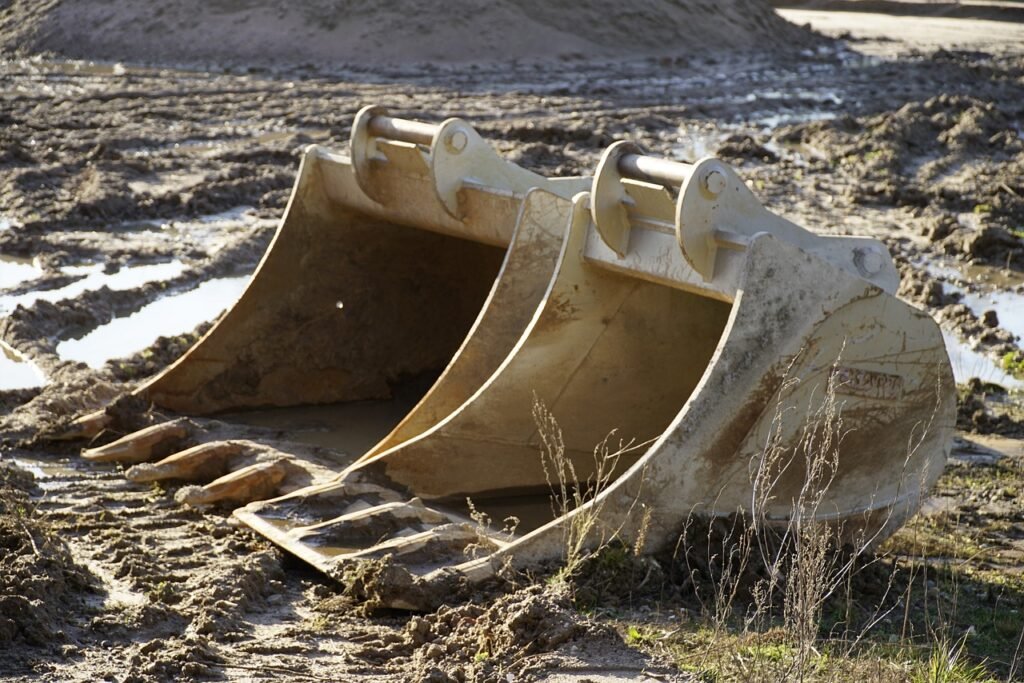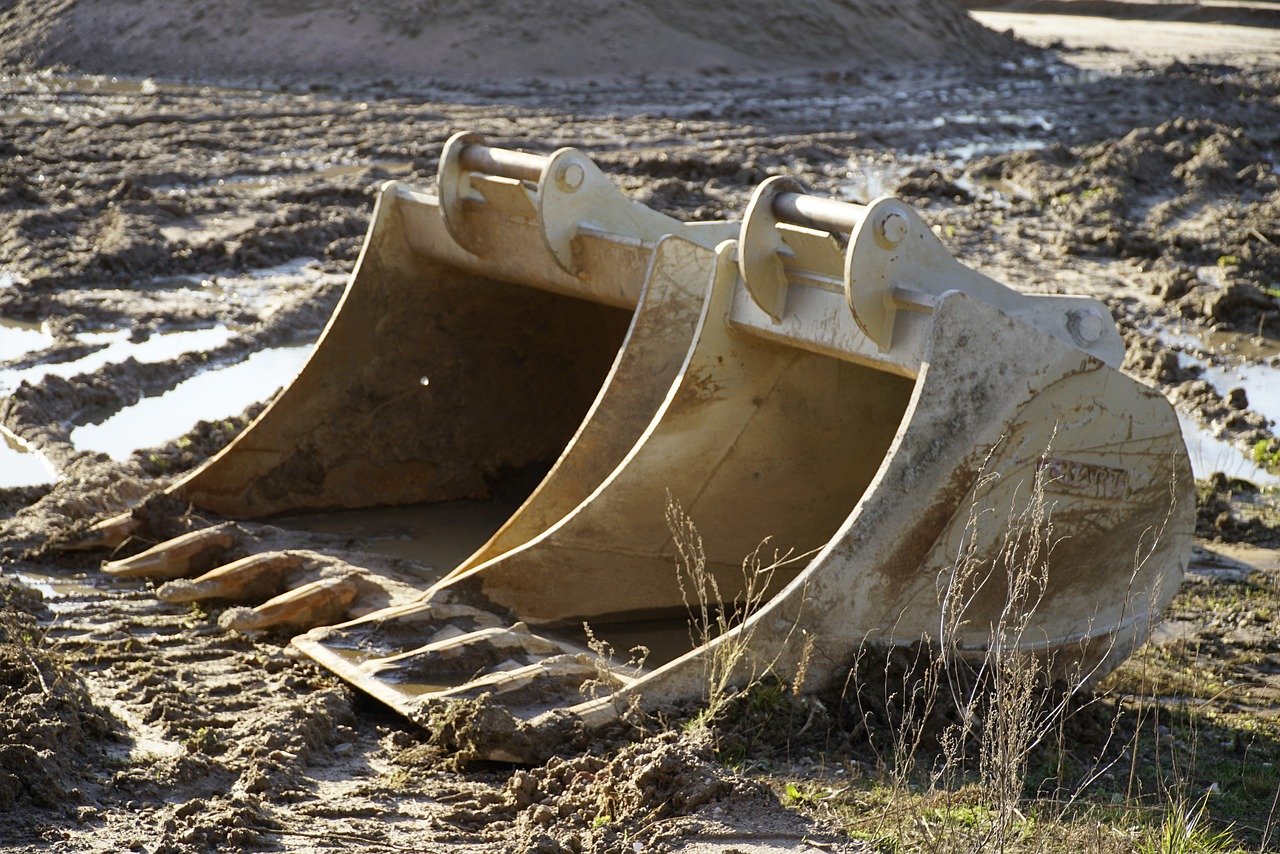1. Introduction
In my civil engineering and construction projects, excavation is one of the foundational tasks. Understanding the cost per cubic meter of excavation is crucial for me to budget effectively and manage projects efficiently.
2. Basic Components of Excavation Costs
Excavation costs mainly include the following aspects:
- Equipment Rental: I need to rent excavators and bulldozers.
- Labor Costs: Wages, insurance, and other human resource expenses for workers.
- Material Costs: Procurement expenses for fill dirt, stone, etc.
- Transportation Costs: Costs for transporting equipment and materials.
- Management Costs: Expenses related to project management and supervision.

3. Factors Affecting the Cost of Excavation per Cubic Meter
3.1 Soil Type
The type of soil is a key factor in determining excavation costs. I find that different soils require varying equipment, techniques, and time.
- Sandy Soil: Easy to excavate, with minimal equipment wear and lower unit costs. Small excavators are suitable, and the construction speed is high, with fewer factors affecting the timeline.
- Clay Soil: Increased difficulty in excavation often requires stronger machinery, such as large excavators. High moisture can cause equipment slipping, increasing labor and wear costs.
- Rock: Excavating rock requires breakers or drilling equipment, which raises rental and operational costs.
3.2 Project Scale
The size of the project directly affects how unit excavation costs are calculated.
- Small Projects: Typically involve less earth movement, leading to higher unit costs as fixed costs are spread over a smaller volume. For example, excavating a residential foundation.
- Large Projects: Such as road construction or large buildings, can lower per cubic meter costs through economies of scale.

3.3 Location
The geographic location of the excavation project affects convenience and costs.
- Urban Areas: While labor costs are higher, equipment transport and material supply are more convenient, resulting in higher overall efficiency.
- Remote Areas: Transportation costs increase significantly, making equipment and material handling more expensive.
3.4 Purchasing Used Machinery
I consider purchasing used machinery to reduce excavation costs but need to evaluate carefully.
- Initial Investment Advantage: Used machinery is usually cheaper, making it suitable for budget-limited projects.
- Equipment Condition Assessment: Before purchasing, I conduct thorough checks to ensure I choose a reputable seller.
- Maintenance and Upkeep: Used machinery may require more maintenance, increasing future costs.
- Consulting Rexcavators: If I consider buying used machinery, I can consult Rexcavators, who offer a variety of quality used equipment.
4. How to Estimate Excavation Costs
4.1 Volume Calculation
Accurate calculation of soil volume is fundamental to estimating excavation costs.
- Measurement Method: I use the standard formula volume = length × width × height, ensuring consistent measurement units for each dimension.
- Using Technology Tools: Modern measuring tools and software can enhance accuracy and reduce human error.

4.2 Cost Estimation
Utilizing professional software and tools for comprehensive cost estimation.
- Market Research Tools: I gather market quotes through online platforms to understand industry standards and trends.
- Comprehensive Estimation Tools: I use software that integrates costs for equipment, labor, materials, and other related expenses.
4.3 Seeking Professional Quotes
Obtaining multiple contractor quotes is vital for budget accuracy.
- Multiple Inquiries: I contact several contractors to get detailed quotes, ensuring I fully understand the composition of each estimate.
- Assessing Contractor Backgrounds: I review past projects and client feedback to select reputable contractors.
5. Tips for Reducing Excavation Costs
5.1 Efficient Planning
Thorough site surveys and project planning can effectively lower excavation costs.
- Preliminary Surveys: I organize professional teams for comprehensive geological surveys to develop feasible excavation plans.
- Detailed Scheduling: I arrange construction timelines to avoid extra costs caused by delays.
5.2 Choosing the Right Equipment
Selecting the most suitable equipment based on project needs boosts efficiency and reduces costs.
- Equipment Needs Assessment: I choose appropriate machinery based on soil type and volume, enhancing work efficiency.
- Regular Maintenance Plan: I establish a maintenance schedule for equipment to ensure they operate at peak performance.
5.3 Hiring Experienced Contractors
Choosing experienced contractors can significantly reduce project risks and costs.
- Technical Expertise: Experienced contractors can quickly identify and resolve on-site issues, minimizing delays and extra costs.
- Project Management Skills: Excellent contractors effectively manage projects, ensuring smooth transitions between phases.
6. Conclusion
Understanding the key factors affecting the cost per cubic meter of excavation helps me make wiser budgeting and planning decisions. Through thorough research and careful planning, I can achieve an economical and efficient excavation project, ensuring smooth project progression.
7. Call to Action
If you have any questions about excavation services or need a quote, please feel free to contact me for more information. I will provide you with professional advice and services to help you achieve your project goals.



